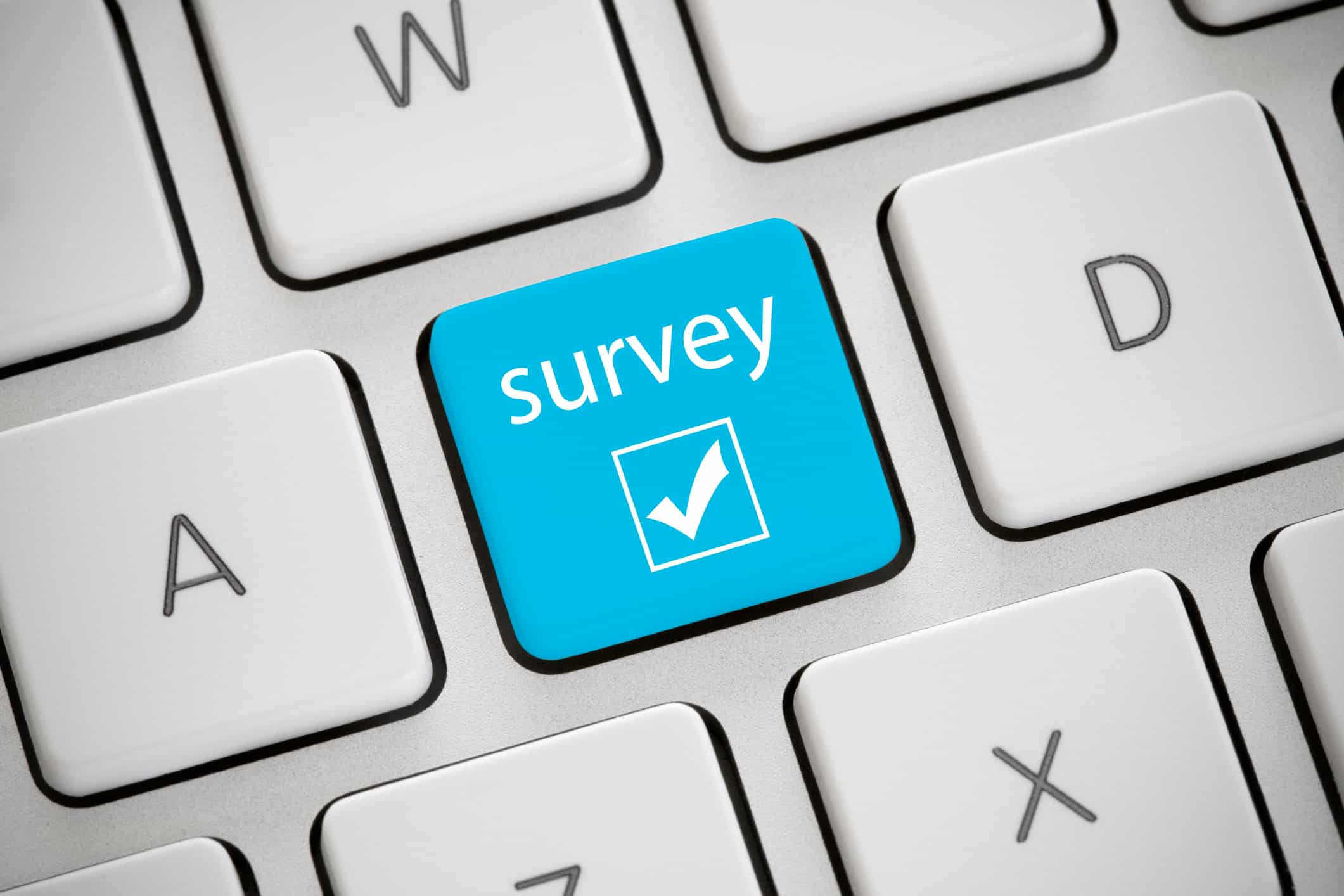
Written by
Drew Gieseke
Drew Gieseke is an aPHR®-certified marketing professional who writes about HR, compliance, and healthcare solutions.
7 Things HR Teams Need to Know About Remote Work Compliance

With teams around the country now firmly settled into remote work operations, HR teams may find the organization is struggling to keep up with compliance efforts in many different areas. Find out what you need to know about remote requirements and how you can address concerns with your team.
What’s the Issue with Remote Work Compliance?
The coronavirus pandemic completely changed the way many Americans worked. Employees became homebodies almost overnight, setting aside decades of familiar office dynamics and unwritten rules about professionalism in the workplace.
The result? Lots of video conferences, webchats, phone calls, and webinars. And much more casual dress.
It’s possible that with a change in scenery, HR administrators may have relaxed some of their longstanding office regulations. It’s also possible that HR professionals now face new hurdles with compliance, such as an inability to determine if employees follow the organization’s policies. Yet according to educational technology firm Skillsoft, policies that applied to in-person workspaces before COVID-19 should extend “to work conducted at home as well.”
7 Common Compliance Issues for Remote Work Teams
For human resources personnel, the following seven compliance issues may come up as a result of ongoing remote work operations.
- Time Off and Productivity Tracking: Organizations that employ non-exempt and exempt teammates might struggle with tracking time and productivity. A monitoring tool like Hubstaff or RoboHead can provide managers with coaching opportunities throughout the day—as well as clock-in, clock-out functionality—much like in an in-person office setting. Solutions like these can keep employees focused and encourage steady productivity.
- Technology: Plenty of companies already have tech policies in place, particularly if their employees have experience working remotely. However, HR should consider amending or updating rules to ensure they meet the current moment. For example, these policies should be explicit about the appropriate usage of technology like computers, company cellphones, and other equipment.
- Verifying Form I-9: While various services digitally verify Form I-9, U.S. Citizenship and Immigration Services (USCIS) uses E-Verify to remotely confirm employee eligibility for work in the U.S. The free service matches the information provided by employees on their Form I-9 with records available to both the Social Security Administration (SSA) and the Department of Homeland Security (DHS).
- Professionalism: How should teammates dress during remote work hours? What are the proper protocols for video conferencing—should people have their cameras on, should they remain muted unless speaking? And what about working with clients or web-chatting with colleagues? Whatever you decide, establish your new norms so that everyone is on the same page moving forward.
- Industry-Specific Ethical Practices: If your company handles sensitive user information, immediate steps need to be taken to ensure that you remain compliant with applicable laws even while working from home. For example, if a business is required to follow HIPAA regulations but doesn’t have an acceptable system in place to protect client health data, it could be held liable if that information is stolen or lost.
- Worker’s Compensation Claims: According to SHRM, employee injuries and illnesses are “compensable under workers’ compensation if it arises out of and in the course of employment, regardless of the location the injury occurs.” HR should develop remote work policies to ensure home offices are safe—and also stay up-to-date on state-specific worker’s comp laws.
- Distributing Federal and State Notices: Employers are required to comply with labor laws, some of which apply to specific industries. One particularly common stipulation is that labor law information should be posted openly in the workplace. Yet what if workers aren’t in the workplace? SHRM recommends distributing this information electronically, either through email, mail, fax, or the company intranet.
How Else Can HR Plan to Address Remote Compliance?
On top of everything that specifically applies to remote work, HR teams need to keep in mind that common compliance laws still govern offices, even if offline. These include:
- Anti-Discrimination Laws
- The Civil Rights Act of 1964
- The Americans with Disabilities Act (ADA)
- The Age Discrimination in Employment Act (ADEA)
- The Genetic Information Nondiscrimination Act (GINA)
- The Uniformed Services Employment and Reemployment Rights Act (USERRA)
- The Fair Labor Standards Act (FLSA)
- The Family and Medical Leave Act (FMLA)
- The Illegal Immigration Reform and Immigrant Responsibility Act of 1996 (IIRAIRA)
- The Affordable Care Act (ACA)
- Employment Retirement Income Security Act of 1974 (ERISA)
- Health Insurance Portability and Accountability Act (HIPAA)
- Consolidated Omnibus Budget Reconciliation Act (COBRA)
- Occupational Safety and Health Act (OSH)
- The National Labor Relations Act (NLRA)
This list of laws isn't a comprehensive collection of all the labor legislation that specifically applies to small businesses. HR should review any additional state and federal regulations that may apply, as well as review BerniePortal’s Guide to HR Compliance, which features countless great resources for human resources personnel.

Written by
Drew Gieseke
Drew Gieseke is an aPHR®-certified marketing professional who writes about HR, compliance, and healthcare solutions.
Related Posts
We just wrapped up another phenomenal Weekdays with Bernie (WWB) Conference!
Employees are the heart and soul of an organization, and valuing their opinions can have...
HR parties of one already have an abundance of tasks to keep up with. From hiring to...
The talent search is no longer a skirmish or a battle. It’s a WAR! As a strategic HR...







Submit a Comment